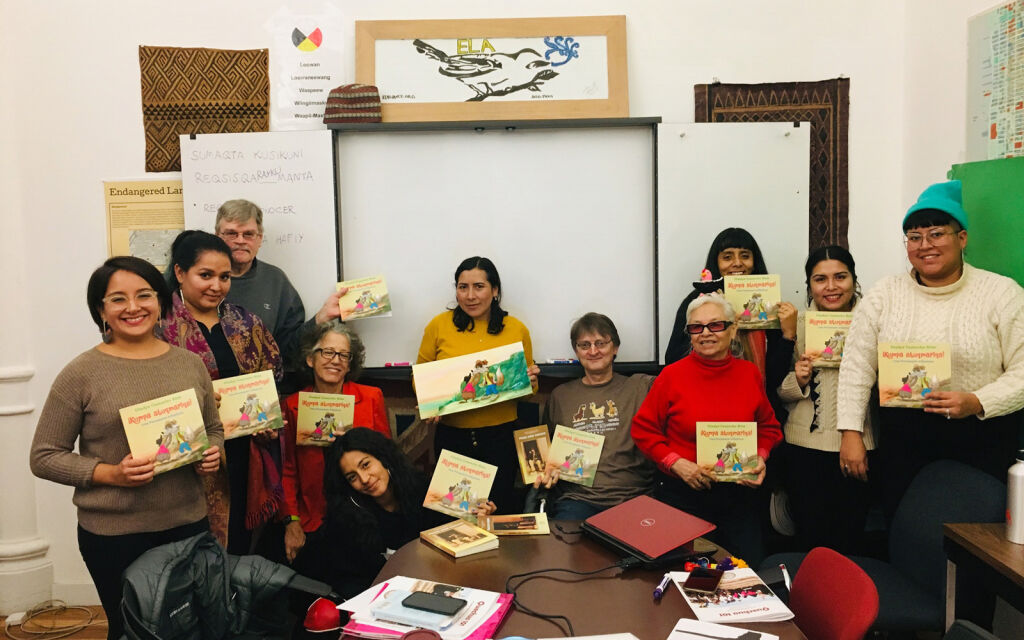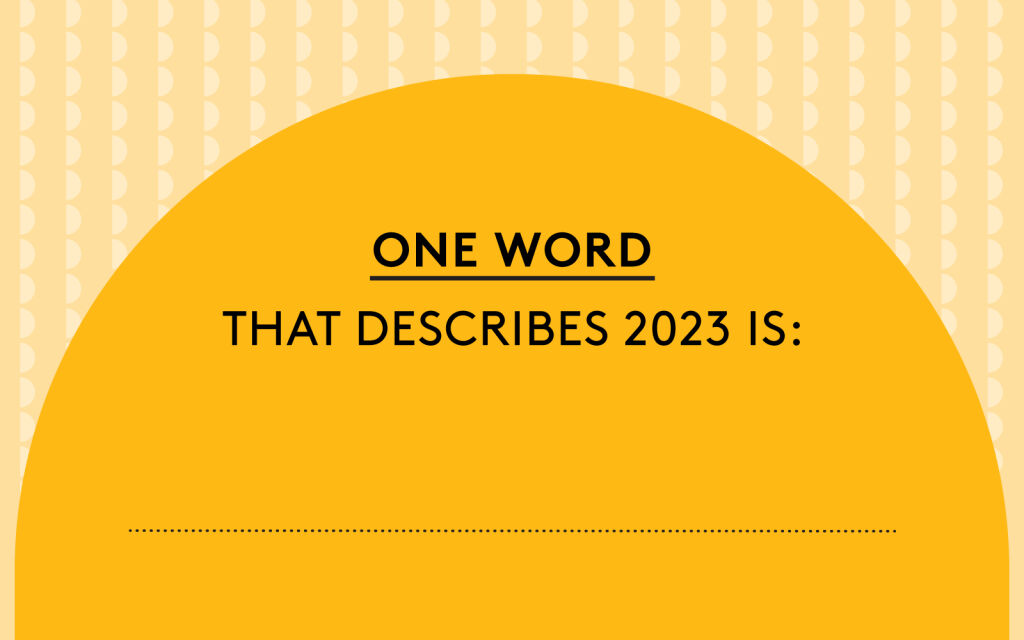Erin McKean: My Five Favorite Words
As a lexicographer, I’m often asked, “What’s your favorite word?” This is a much more difficult question than it seems — it’s like asking someone who loves snow what their favorite snowflake is. I used to struggle to explain that my “favorite words” list at Wordnik is nearly two thousand words long, but now I generally give up and say that my “favorite” word is the word erinaceous, which is usually defined as “of, pertaining to, or resembling a hedgehog.”
So rather than give five favorite singleton words, I’d like to highlight five categories of words that I enjoy, with examples.
1. Mismatched Meanings
I’m fond of the phenomenon where words sound terrible but mean beautiful things (or the reverse): pulchritude being my favorite example — it means beauty but is itself a very ugly word; fucsia is a lovely color but an unpleasant word; and treacle is a sweet substance but a sour word to say. (Some examples of the reverse — pretty words that mean terrible things — are oubliette, diarrhea, and macabre.)
2. -nym
I don’t think you’ll find a word-lover anywhere who doesn’t enjoy words that describe other words. A lot of these words end in –nym (from the Greek root meaning “name” — and what are words but names for things?). Just about every name has a name — there’s hydronym, for the name of a river or lake or any other body of water; there’s numeronym, for a number-based word; euonym or patronym, any name that is well-suited to its bearer (and caconym, for the reverse); troponym, the name for a precise verb that describes the manner in which something is done (e.g., stroll rather than walk); and exonym, a name given to a group that the group does not use for itself (e.g., Gypsy is an exonym, because the people described as Gypsies do not use that name for themselves, preferring Romany, Roma, and other terms). Another favorite word-for-words is semordnilap, which is a word or phrase which spells a different word or phrase when reversed (e.g., semordnilap is itself a semordnilap because when reversed, it spells palindromes).
3. Obscure Masculines
A smaller and more obscure category are terms that I like to call “obscure masculines.” In English (and in the world) centuries of sexism meant that for a long time male terms for roles and professions usually took precedence, and the female term was the marked afterthought: actor/actress, waiter/waitress, priest/priestess, and so on. Many of these have now been either absorbed into the formerly male-only term (actor) or replaced by a neutral term entirely (server for waiter/waitress), but there are a few words for male roles where the female is the default and the male the exception: ballerino (for a male ballet performer, much less common than ballerina); divo (a jocular term for a male diva); and débutant (a male … débutante). This category includes more blatant terms and blends: man-midwife (exactly what it sounds like) and man- blend words like mandals (sandals worn by men) and mankini (a bikini — or I suppose really a monokini — worn by men).
4. Genres of Music
Some of the most inventive and interesting words I come across are terms for genres of music: they tend to be fun-sounding (zydeco, skiffle, crunk, rockabilly, gabber) and these terms also tend to take a small number of suffixes and expand upon them. For instance, there are lots of -core genres: slowcore, taqwacore, nerdcore, mallcore, etc., as well as -pop genres: Afropop, Britpop, bitpop, Cantopop, among others; and -wave: chillwave, coldwave, darkwave, and so on.
5. Ghost Words
Probably the most unlikely category of favorite words for a lexicographer to have are ghost words: words that aren’t words at all, but that have been mistakenly entered into dictionaries anyway. Probably the most famous of these is dord, which was entered into the second edition of Merriam-Webster’s New International Dictionary in 1934, defined as “density.” No such word as dord actually existed — it was an error for D or d — that is, that the letter D, either as a capital or lower-case, could be used as an abbreviation for “density.” (The error was discovered in 1939 — remarkably quickly for that era of lexicography — and was corrected in most editions shortly thereafter.) There are quite of few of these — another favorite is topinch, a mistake for to pinch (a mistake in an edition of Shakespeare’s Merry Wives of Windsor) and momblishness (defined as muttering talk but a mistake in both transcription and possibly translation for an old French word for forget-me-not).
If you come across words in these categories, please do share them with me!
Erin McKean is a noted lexicographer, author of seven books, and founder of the nonprofit online dictionary Wordnik.


